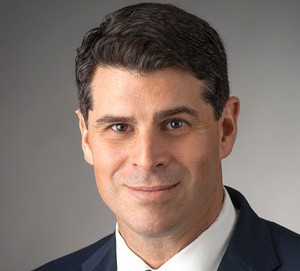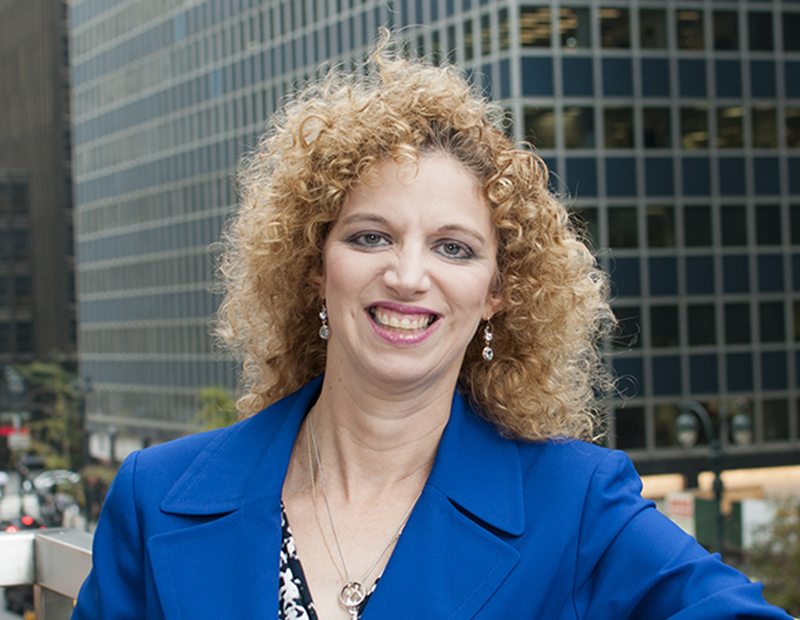The Subjectiveness of the Net Lease REIT Industry
Why the talent of the people involved in a REIT transaction makes or breaks a successful execution, according to David Sobelman, CEO of Generation Income Properties & founder of 3 Properties and Verum Properties.
By David Sobelman
 Predictable income streams, qualifiable creditworthiness and tremendous legal specificity are the points at which the objectiveness of a triple-net lease REIT industry ends. Stephen Covey famously writes in Seven Habits of Highly Successful People, to “Begin with the End in Mind – Chapter 2”. If paraphrased correctly, with this concept Covey delineates a roadmap for planning to accomplish a goal. Utilizing Covey’s wisdom and a keen sense of foresight is what most net lease REITs investors and service providers tout as the basis for their presence in the industry—essentially, they know what the foreseeable future will be for themselves and their clients within the specific asset in which they are engaged.
Predictable income streams, qualifiable creditworthiness and tremendous legal specificity are the points at which the objectiveness of a triple-net lease REIT industry ends. Stephen Covey famously writes in Seven Habits of Highly Successful People, to “Begin with the End in Mind – Chapter 2”. If paraphrased correctly, with this concept Covey delineates a roadmap for planning to accomplish a goal. Utilizing Covey’s wisdom and a keen sense of foresight is what most net lease REITs investors and service providers tout as the basis for their presence in the industry—essentially, they know what the foreseeable future will be for themselves and their clients within the specific asset in which they are engaged.
While there is ample attractiveness in claims of knowing how your financial future may play out within the multi-trillion dollar net lease industry, the vast majority of those involved don’t fully understand the inherent subjectivity of a net lease property and the multitudes of factors affecting a field housing thousands of professionals.
The ‘Gut Check’
In addition to putting aside the occasionally obvious and enigmatic methods in which REITs value a net lease property, including the undoubtedly dynamic nature of brokerage models to disseminate this information, a REIT investor or practitioner must understand that the use of complex math or science is rarely a main feature in the net lease investment process. More times than not, a simple cap rate calculation and a “gut-check”—aka, the risk tolerance—is how most transactions are completed.
In its most accepted forms, truly quantifiable real estate underwriting has its own margin of error, and despite there being a number of metrics that can be used to minimize the subjective nature of net lease investing and reduce the impact of arbitrary practices, they are rarely used. Ultimately, the talent of the people involved in the transaction makes or breaks a successful execution. We can all agree that when the process is broken down to a common denominator of people, the prevalence of subjectivity is inevitable.
Without a defined process (as it relates to underwriting, education, professional development or any other factor within the industry as a whole), subjectiveness has given rise to the popularity of the asset class and also provided a platform for multiple professionals to become involved in the business altogether. Currently, there are no established avenues of matriculation into higher education for the augmentation of net lease acumen, meaning most individuals are either mentored or self-taught; again, subjectivity. In fact, by a sort of workplace natural selection, I too am a product of that same subjectivity from the moment I was plucked from a vast sea of cubicles when someone felt that I could be successful in the net lease world. My mentor, Jonathan Hipp, president & CEO of Calkain Cos., didn’t use math or science or any financial performance measure, other than a desire to teach me how to feed my family and grow my business. It was his decision not to use a formula to determine my ability for success in the industry that I owe my position today, and to say I will forever be grateful for his “gut-check” and subjectivity, is a complete understatement.
Both nature and business have always protected anomalies, unique adaptation and the value of the underdog. From this, we can learn to be thankful for our different outlooks within net lease REITs as well as to continue to cultivate the ability to embrace other, less subjective, methods.
David Sobelman is the CEO of Generation Income Properties, a public net lease REIT; founder of 3 Properties, a net lease brokerage; and founder of Verum Properties, an algorithmic approach to net lease valuation.







You must be logged in to post a comment.